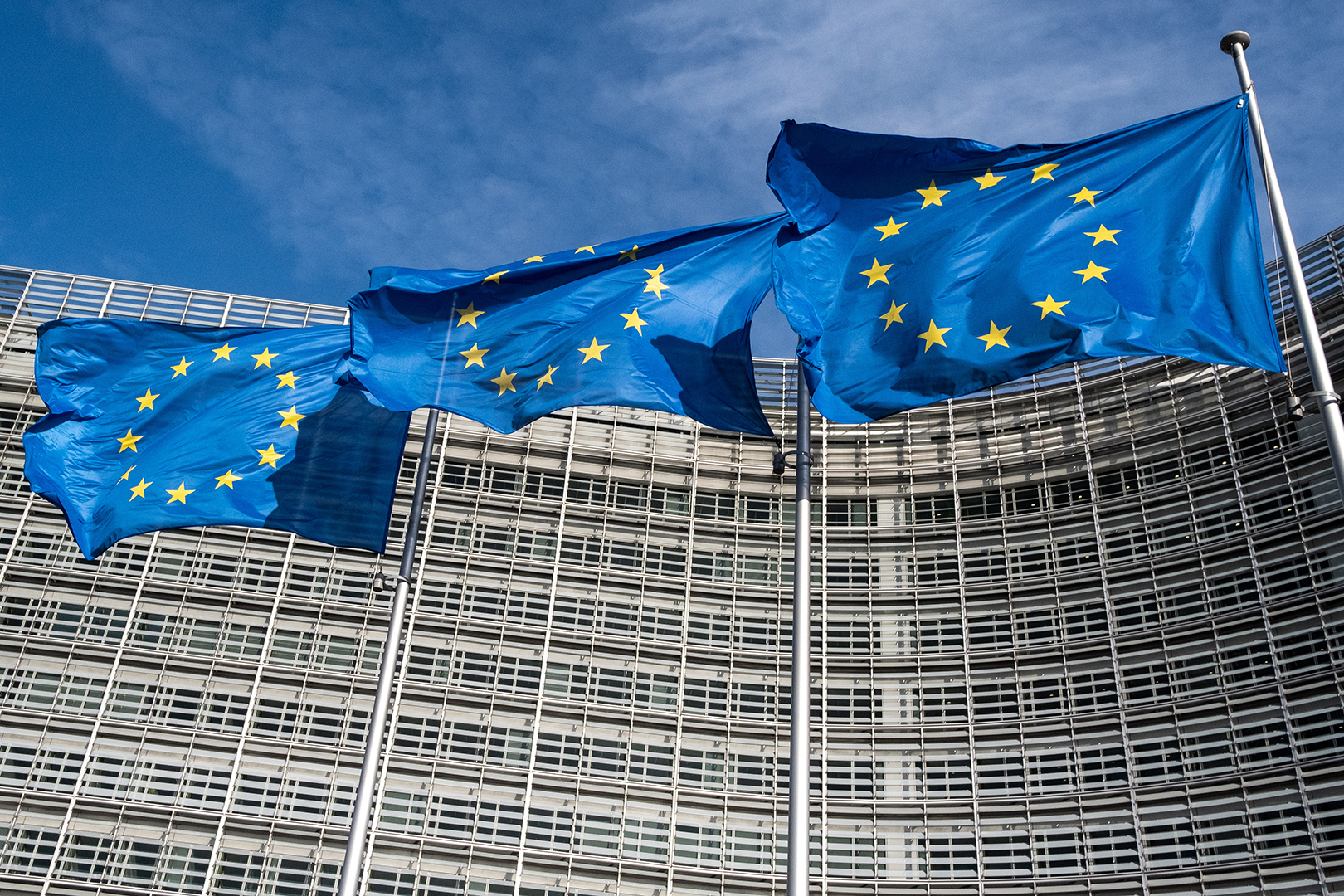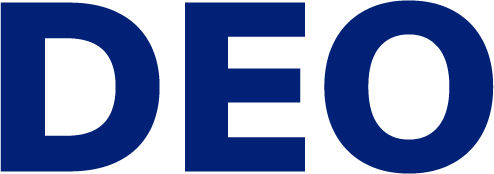
Practical information
Registration for participation is mandatory. You will then receive a zoom link by email.
For the 2024 European Parliament elections, five member states have lowered the minimum voting age. In Belgium, Germany, Malta and Austria the eligible voting age will be 16, and in Greece 17 years. What can we learn from their experiences? What are the positive and negative aspects of these changes?
Other than EP elections, there are many more avenues for EU citizens to engage with the EU institutions and try to enact policy changes in the EU. How informed are youth about the EU and its institutions? Do they know how to engage with them and make their voices heard? What can the EU and its member states do to facilitate greater youth engagement and participation in its works?
We will try to address these questions with our expert panelists from Belgium, Denmark and Croatia in this debate.
PANELISTS:
Josip Miličević, 30, has a masters degree from Faculty of Political Science in Zagreb. Currently works as a secretary general at Croatian Youth Network, which acts as national youth council in Croatia. Josip has had professional and activist experience in different topics such as youth policy, unions, volunteering with refugees, democratization in sports etc.
Manon Quinet (22), studies an LLM in international law in sustainable development and global justice. Manon is a youth advisor for the Flemish Youth Council. Before this position she was the Belgian UN Youth Representative. Her main subjects during these mandates are youth participation and mental health. She is active in different ngo’s regarding women’s rights and climate justice.
Tarik Deljkovic studies Political Science at the University of Southern Denmark. He serves as the EU Careers Student Ambassador at the University of Southern Denmark from 2022-2024. Tarik is the current Danish youth delegate to the Council of Europe’s congress of local and regional authorities. He is a student assistent at the Danish NGO Democracy in Europe, where he involved in a youth project connected to engaging more young people in the EU debate.
Sign up for the debate here at CROSOL’s platform: https://us02web.zoom.us/meeting/register/tZEucu-orzMjHdFgYPLyseEVATjhQqAPGYW1
The debate is online and is a part of a three-year international project under Erasmus+ between Democracy in Europe Organisation (DEO) from Denmark, CROSOL from Croatia and Europahuis Ryckevelde from Belgium.


